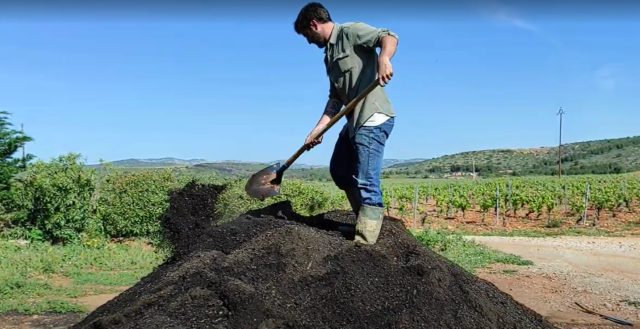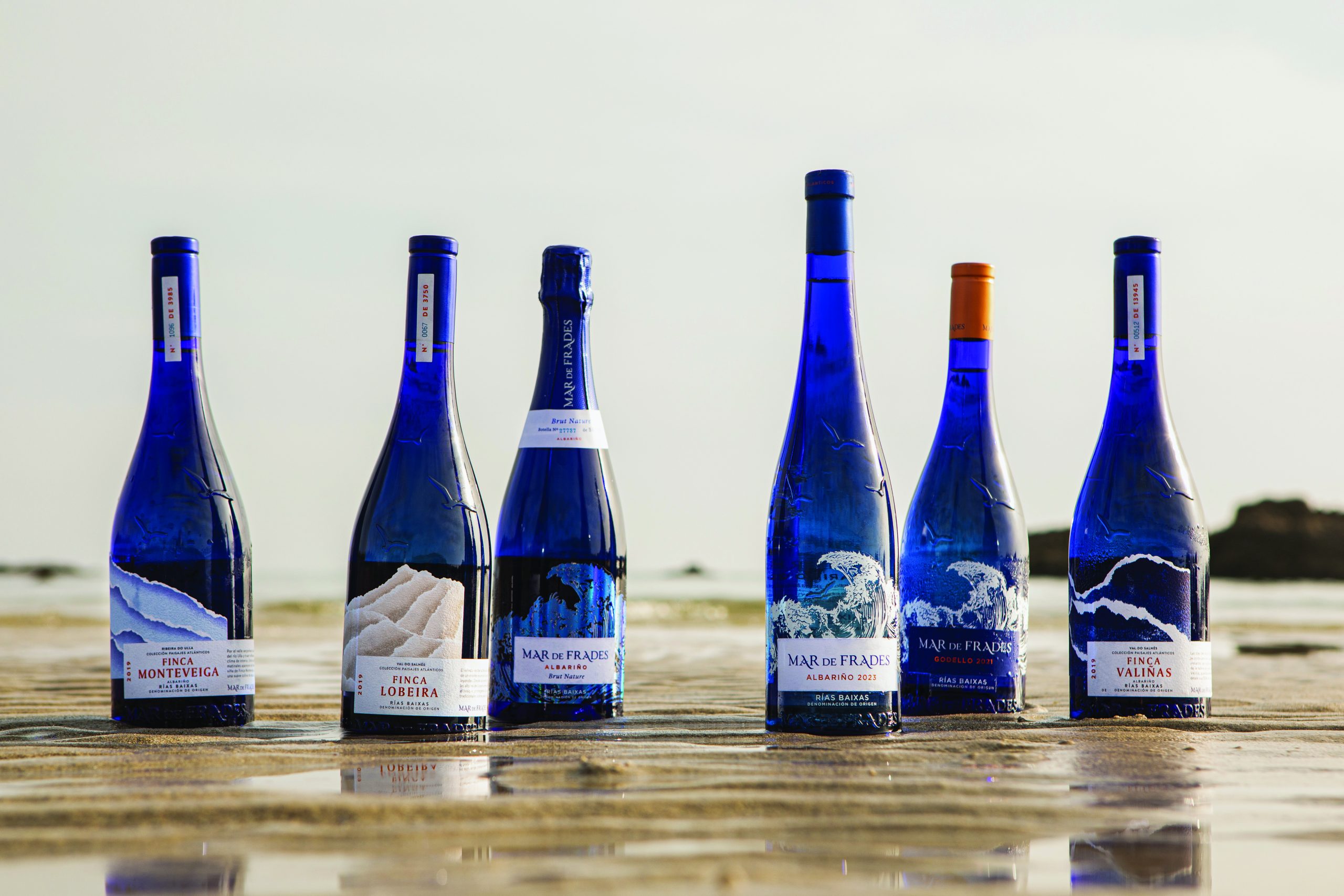Innovation in organic practices: a sustainable future for vineyards

As climate change intensifies, wine producers are under increasing pressure to adapt their methods and safeguard their vineyards against extreme weather conditions. Domaine Lafage, one of Roussillon’s leading wineries, continues to embrace organic and regenerative viticulture to build resilience and protect the future of winemaking.
Speaking in a recent interview, Antoine Lèspes, head of research and development at Domaine Lafage, shared insights into the estate’s commitment to sustainability. Organic farming has long been a crucial part of Lafage’s philosophy, but in recent years, the estate has gone further, integrating regenerative practices to improve soil health and manage water more efficiently.
With annual rainfall levels well below the 500mm needed for vines to thrive, Lèspes explained, Lafage has pioneered techniques that reduce water stress and enhance soil fertility. By employing a combination of biochar, compost, and cover crops, the estate has significantly increased organic matter in the soil while simultaneously sequestering carbon.
Talking through the process, Lèspes explained, “We never apply raw biochar to the soil. Instead, we mix it with compost at a key stage of the process when it’s still hot and rich in nutrients. This helps us retain water and improve soil structure naturally,” explained Lèspes.
Taking it one step further
In addition to soil enrichment, the estate has adopted eco-grazing methods, using sheep to manage cover crops and promote biodiversity. The presence of natural predators, such as bats, has helped control pests, reducing the need for chemical interventions. Furthermore, vines are strategically planted perpendicular to slopes to prevent water run-off, ensuring that every drop of water is utilised effectively.
Partner Content
Domaine Lafage’s commitment to organic viticulture extends beyond its own vineyards. “We run conferences every year to share our findings so that everyone can benefit,” added Lèspes. By fostering collaboration and knowledge exchange, the estate is positioning itself at the forefront of innovative wine production.
Lafage is also a pioneer in viticultural research, with its recent study on minimal irrigation providing crucial insights into water management in semi-arid climates, helping shape the future of sustainable winemaking.
As consumer demand for sustainably made wines continues to grow, Domaine Lafage’s organic-first approach is setting a benchmark for the industry. By merging traditional methods with intricate research, the estate is proving that resilience and sustainability can go hand in hand.
Related news
The Castel Group rocked by Succession-style family rift




